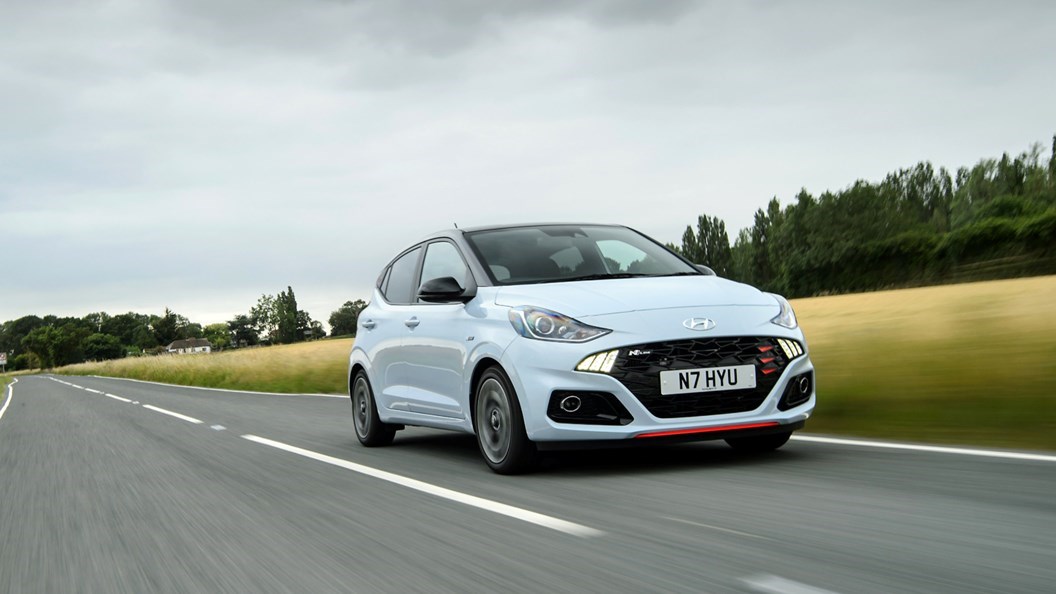Finding Your Ideal Ride: A Guide to Picking the Right Car
Choosing a car is more than just making a simple purchase—it’s a decision that often balances practicality, personal style, and budget. Whether you’re buying your first vehicle or upgrading your current one, the choice you make will likely affect your daily life for years to come. With so many options and features available on the market, it can be overwhelming to figure out what’s best for you. This guide will walk you through key factors to consider when choosing the right car for your lifestyle so that your decision feels confident and well-informed.
Assess Your Daily Needs
The first step in choosing a car is to honestly evaluate how you’ll be using it. Is it primarily for commuting to work or picking up groceries? Will you be transporting kids to school or taking long road trips? For example, if you have a growing family, you might prioritize space and safety features, making an SUV or a minivan an excellent option. On the other hand, a compact sedan could be perfect for someone living in the city, where small parking spaces and fuel efficiency matter the most. Defining your daily needs will help you identify which type of car fits your routine.
Consider Your Budget
When it comes to cars, the sticker price is just the beginning. Beyond the upfront cost, consider ongoing expenses like fuel, insurance, maintenance, and registration. Set a realistic budget that aligns with your financial situation. A good rule of thumb is to allocate no more than 15% of your monthly income toward car payments. If you’re in the market for new cars for sale, there are a variety of options that might suit both your needs and budget. Don’t forget that financing options and trade-in deals can also impact your final cost, so it’s worth exploring those while you shop.
Think About Fuel Efficiency
With fluctuating gas prices and environmental concerns, fuel efficiency is a crucial factor for many buyers. If you have a lengthy commute or just want to save money at the pump, choosing a car with good gas mileage could make a big difference in the long run. Hybrid and electric models are also growing in popularity among drivers who want to minimize their carbon footprint and spend less on fuel. However, if your lifestyle includes occasional off-road adventures or towing, you may lean toward trucks or SUVs, which can prioritize performance over efficiency.
Fit Your Car to Your Personality
While practicality is important, your car is also an extension of your personality. Whether you’re drawn to sleek design, sporty looks, or rugged durability, find a vehicle that reflects who you are. For instance, a convertible might be the perfect choice for a free spirit who loves weekend getaways, while a pickup truck could suit someone whose hobbies include heavy-duty tasks like hauling or camping. Beyond aesthetics, don’t be afraid to look for features that make you happy—like a premium sound system, leather seats, or advanced tech packages.
Test Drive and Research
Before finalizing your decision, make sure to test drive potential vehicles. This step allows you to experience how the car feels in real life. Is it comfortable to sit in? Do you find the controls intuitive? Can you picture yourself driving it daily? Additionally, take time to compare reviews and safety ratings online to ensure you’re making a good choice. Sites that provide expert reviews or firsthand user experiences are invaluable tools whether you’re looking at sedans, trucks, or SUVs.
Conclusion
Choosing the right car is about finding the balance between function and fun. It’s a personal decision shaped by your lifestyle, budget, and tastes. By following the steps above, you’ll not only make a practical decision but one that leaves you genuinely satisfied every time you get behind the wheel. Remember to compare options carefully and take your time—it’s all about finding the vehicle that truly works for you.




